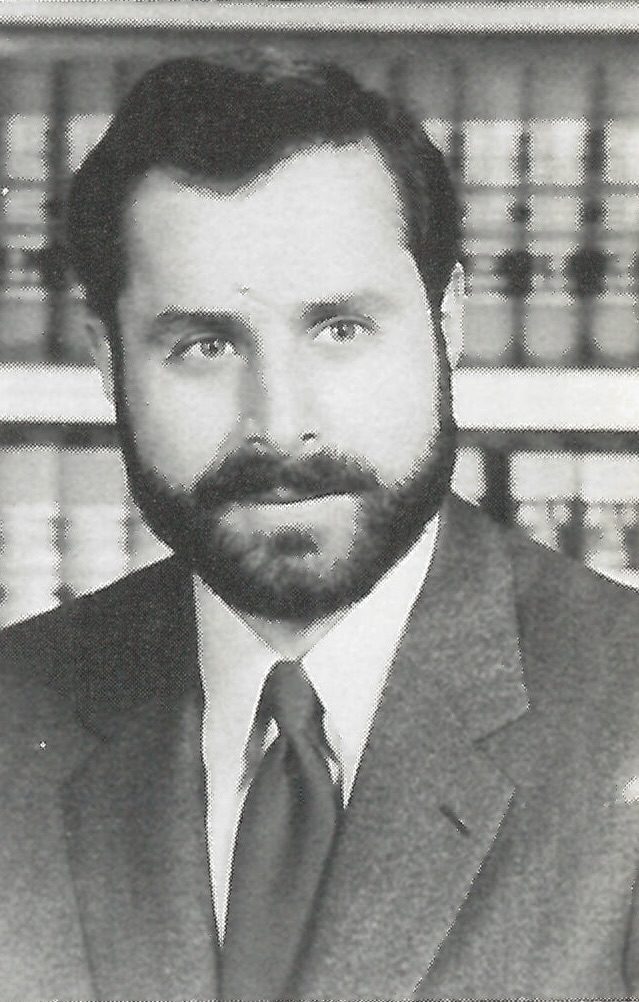get these nets
Veteran
UC Law SF Remembers Tuskegee Experiment Whistleblower Peter Buxtun ’71
July 26,2024
Seen here in a 1971 UC Law SF yearbook photo, Peter Buxtun revealed a decades-long medical experiment in which hundreds of African American men in the Deep South were studied without their consent and unknowingly denied treatment for syphilis.
Peter Buxtun, a 1971 graduate of UC Law San Francisco, is remembered as a courageous whistleblower who exposed the notorious Tuskegee Syphilis Study in 1972. His efforts to bring the study’s unethical practices to light played a pivotal role in transforming medical ethics and protecting the rights of human research subjects.
Buxtun passed away on May 18 at the age of 86 in Rocklin, California. He is known not only for bringing greater scrutiny to the Tuskegee Syphilis Study but also for his lifelong advocacy for justice and personal freedoms. He also spent decades working to recover his family’s properties, which were confiscated by the Nazis.
Born in Prague in 1937, Buxton immigrated with his family to the U.S. and was raised in Oregon. He learned of the Tuskegee Study in the mid-1960s while working as a federal public health employee in San Francisco and was deeply disturbed by the study’s immoral practices. In 1966, he reported his concerns to the Centers for Disease Control and Prevention, but his objections were dismissed.
The Tuskegee Syphilis Study, which started in 1932, involved 400 African American men in Tuskegee, Alabama, who were left untreated for syphilis even after penicillin became available in the 1940s. The study, conducted under the pretense of offering free healthcare, aimed to observe the progression of untreated syphilis until it was exposed and terminated in 1972.
Buxtun left the U.S. Public Health Service to pursue a law degree at UC Law SF, graduating in 1971. Still disturbed by his knowledge of the study, he provided documents in 1972 to the Associated Press, which published an article exposing the experiment. The revelations sparked national outrage, leading to the termination of the study and significant reforms.
Buxtun’s actions led to congressional hearings, a $10 million settlement for the victims, and a formal apology from President Bill Clinton in 1997. It also prompted the establishment of institutional review boards at research institutions across the country to oversee the ethics of medical studies involving human subjects.